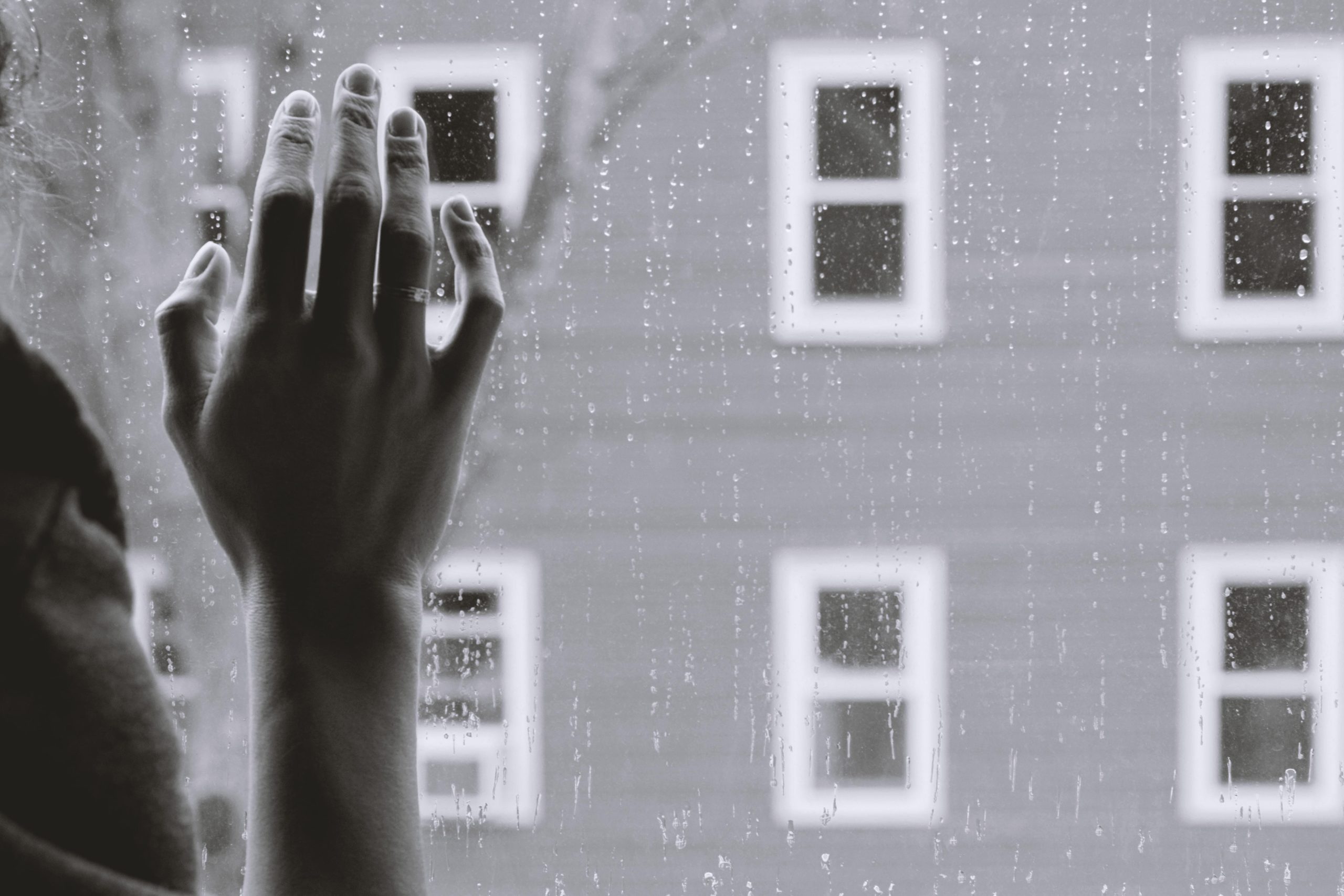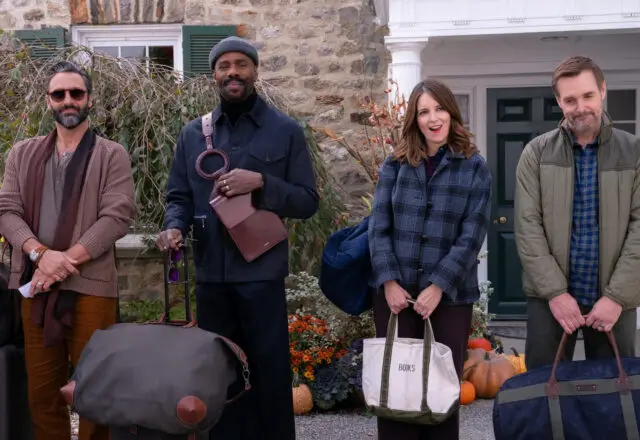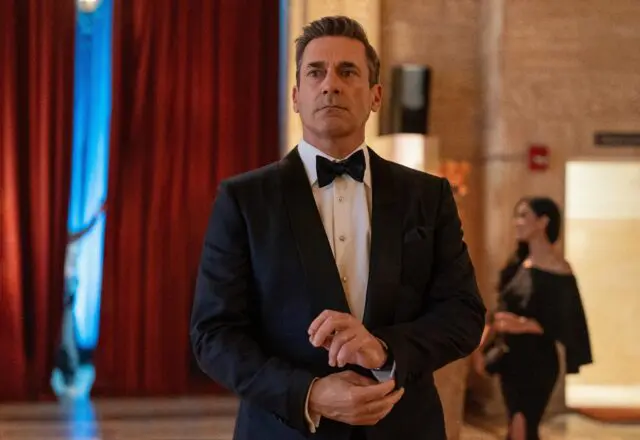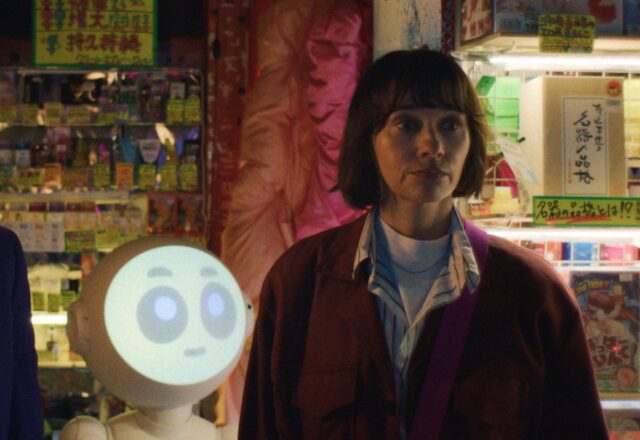That Uncomfortable Feeling We’ve All Been Feeling? It’s Grief
A North Texas Grief Expert Talks Loss, the "New Normal," and Offers Ways to Cope During the COVID-19 Pandemic
BY Megan Ziots // 05.15.20
You know that feeling you've been feeling during all of this? That's grief.
I‘ve had my fair share of struggles with all of this. I say “all of this” because that’s what I’ve noticed most people call the coronavirus pandemic now. Perhaps it’s a way to downplay the fear that this is actually happening? I know that’s why I do it. I’ve felt an odd sense of familiarity to what I experienced when my mom passed away from cancer three years ago.
The fact that people keep calling this the “New Normal” makes is eerily similar to what you’re expected to get used to when someone close to you leaves this world forever — the idea that there’s no going back to a life we once knew and loved. But more than that, a life we had gotten used to.
Changing the way we live is hard for all of us. Whether that be losing a close friendship or moving to a new city, these changes take adjustments and time. But how are we supposed to prepare for a change where we barely have any expectations of what’s going to happen? No matter what, the world is going to be different. From shaking hands and giving hugs to going to concerts and traveling the world, there’s no current gauge of what this is going to look like right now. We had initially thought we would be social distancing for a month. Then it became two months and now it’s looking like three — probably more.
I’m dealing with a whole new kind of grief — one that I didn’t even know was a thing. The grief of lost plans and things I was looking forward to, things I was working towards. Then there’s the loss of a new normal I had already worked hard to create after my mom died. Although nothing compares to the grief those who are losing loved ones from the actual virus are experiencing, the disappointment and loss of a “normal” are worth considering as well.
Everyone, no matter their stage of life, is giving up something for this New Normal. But I also really hope that this isn’t our normal for long. Although I have no doubt that things are going to be different from here on out, I do know that the “normal” of life can change in many ways and with the bad, there’s always a balance of good as well.
To learn more about this comparison of grief, I reached out to Executive Director of the Grief and Loss Center of North Texas Laurie Taylor. Taylor is also certified in thanatology, the study of death.
PaperCity: Why do you think the COVID-19 pandemic has created so much grief?
Taylor: The pandemic has brought great losses and grief always follows loss. Canceled graduations, weddings, birthday parties and other milestone events bring a sense of loss. The tremendous heartache of not being with a loved one who is hospitalized because of a life-threatening illness is devastating and such a great loss. Not being with them when they die can be debilitating. Even if these events can be held virtually or through other creative means, it’s not what was expected. The difference between expectation and reality is loss and we grieve that loss relative to its significance to us.
PaperCity: How do you think the “new normal” after physically losing a loved one compares with the “new normal” we are all dealing with now?
Taylor: The new normal after losing someone we love isn’t “normal” at all. It completely changes the rhythm of our lives. It takes a long time to grow into that rhythm and to identify all the dissonance we now face. Grief is a wilderness journey. There is no map or formula for grieving. We are thrust into the unknown and find our way by slowly, carefully moving forward. The pandemic is no different. We know life is no longer “normal,” but we don’t have enough information or understanding of its impact to move forward without anxiety and fear.
PaperCity: How do you think this loss is affecting different generations, particularly young adults versus older generations?
Taylor: Young adults miss their work family and the freedom to socialize and attend events, etc. They can use social media to cope with the isolation, but they miss gathering with friends. The way they thought this time in their lives would be and the reality they face are completely different.
Many older adults are still working and now must learn to use technology (Zoom, Skype) to work from home. They become frustrated with the new normal and feel they can’t do their jobs as effectively because they may not be proficient in the technology that is now so important. They now may have the financial means to travel, but travel is almost nonexistent due to the pandemic.
Senior adults understand that the pandemic is a real threat to their health. They understand that life will not be the same afterwards. They alter their plans for travel, etc., because they’ve lived through enough national and world tragedies and crises to know that altering plans is a small price to pay for safety and security. They are frustrated and concerned, but understand that “it is what it is” and they have to adapt to their new normal.
PaperCity: Do you have any tips on ways we can deal with this new kind of grief?
Taylor: Acknowledge the losses you are facing and embrace the grief that comes with those losses.
Process the losses. Some process their grief internally through their thoughts. Others process their grief externally through their feelings. Healthy grief always includes healthy processing.
If you need to process your grief by talking about it, find a counselor or support group that provides that opportunity.
Don’t “overdose” on the news about the pandemic. Intentionally limit your exposure to the trauma of news stories, deaths, personal accounts of loss, etc. Choose one or two sources of information you can trust and stay abreast of the situation by getting a daily update instead of receiving 24/7 news releases and information.
Stay in touch with your community of family and friends. The isolation can be crippling and lead to a place of deep depression. Force yourself to talk with at least one person each day by phone, Zoom, FaceTime, Skype, etc. It’s imperative to have community in the midst of the isolation.
Take all precautions to stay healthy and safe.
PaperCity: In my own experience after losing my mom I know that creating a new normal always comes with good things, along with the bad. Do you think it’s the same for the pandemic?
Taylor: I firmly believe that a burden comes with every blessing and a blessing comes with every burden. I think it’s the same for the pandemic if we translate what we are learning into lasting changes. I hope the novelty and trauma of the pandemic doesn’t fade away so quickly for those not deeply affected by it that we return to the way we were before.
I think the pandemic has taught us to value relationships and to nurture those relationships. It has taught us that we can live with much less and be happy. It has taught us that what we thought was important really isn’t, and things that we took for granted are now priceless. It has taught us that we just aren’t that powerful. We really can’t control much in our lives except how we respond to times like these.












_md.jpg)








_md.jpg)











_md.jpg)





_md.jpg)
_md.jpg)






_md.jpg)






_md.jpg)














_md.jpg)



